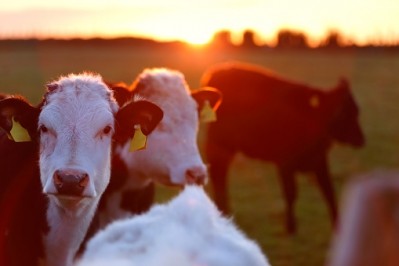Hong Kong agrees wider quota for British beef

Agreement on expanding the UK’s market access in Hong Kong comes after discussions between Hong Kong’s Food and Environmental Hygiene Department (FEHD) and the UK’s levy board AHDD, in conjunction with at least three other British parties: the Department for Environment, Food & Rural Affairs (Defra), the Food Standards Agency (FSA) and the UK Export Certification Partnership (UKECP).
Hong Kong’s imports of British boneless beef, aside from offal derived from cows less than 30-months-old, resumed in 2009. Bone-in beef exports for a small array of cuts resumed in 2012.
‘Significant step’
“We’ve enjoyed a good beef trade to Hong Kong since 2009 when the original agreement was reached,” said Dr Phil Hadley, AHDB head of global supply chain development in a statement on 6 July.
Hadley said the pre-existing deal was “limited to a certain number of cuts and ages of cattle.”
“The new agreement is a significant step forward for our beef trade, broadening the opportunities for our exporters. It is the result of us consulting with industry and working corroboratively with Defra, the FSA and UKECP, amongst others.
“Hong Kong is an established market for premium products and we’ve made great strides in the region. This agreement will enable us to expand our offering and help exporters cultivate the potential in this market.”
Despite strong demand for premium meat, the UK accounts for a tiny slither of Hong Kong’s beef import quota. Brazil and the US retain the lion’s share of the market, with Australia and Canada prowling the peripheries.
Hong Kong’s imports of beef and veal dropped by 30% in March 2016 when compared to the same period a year ago, according to AHDB.















